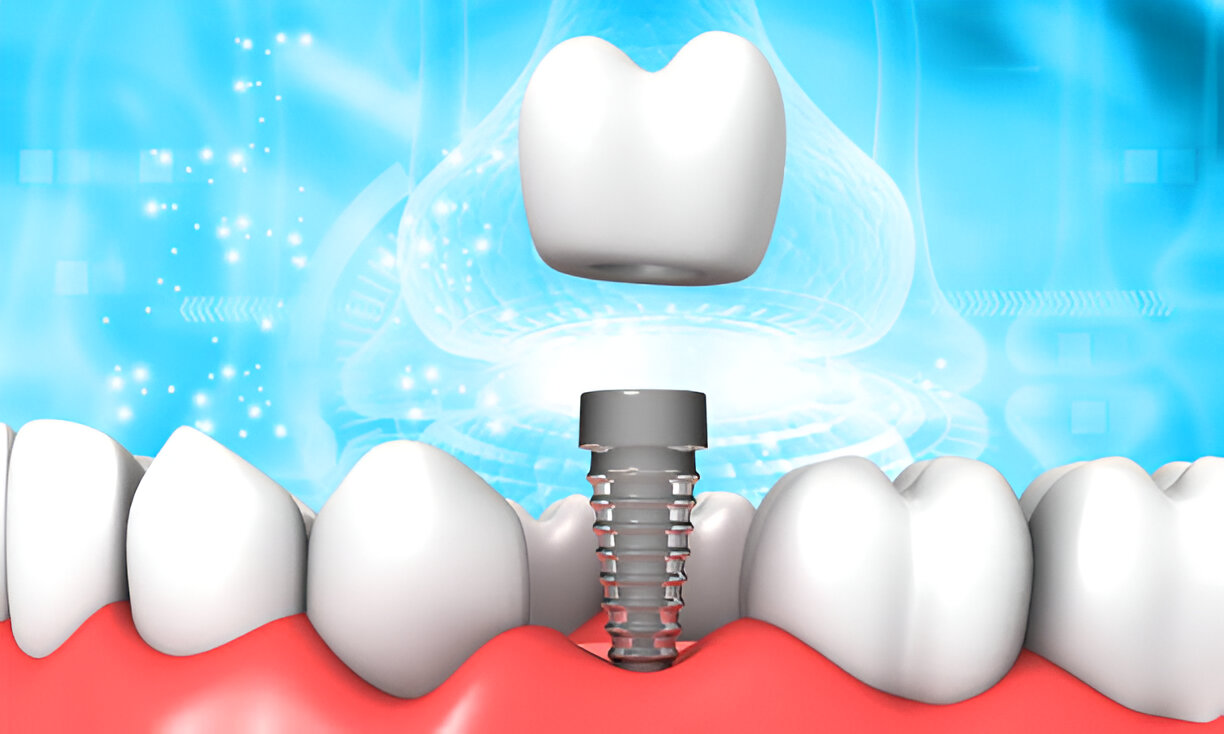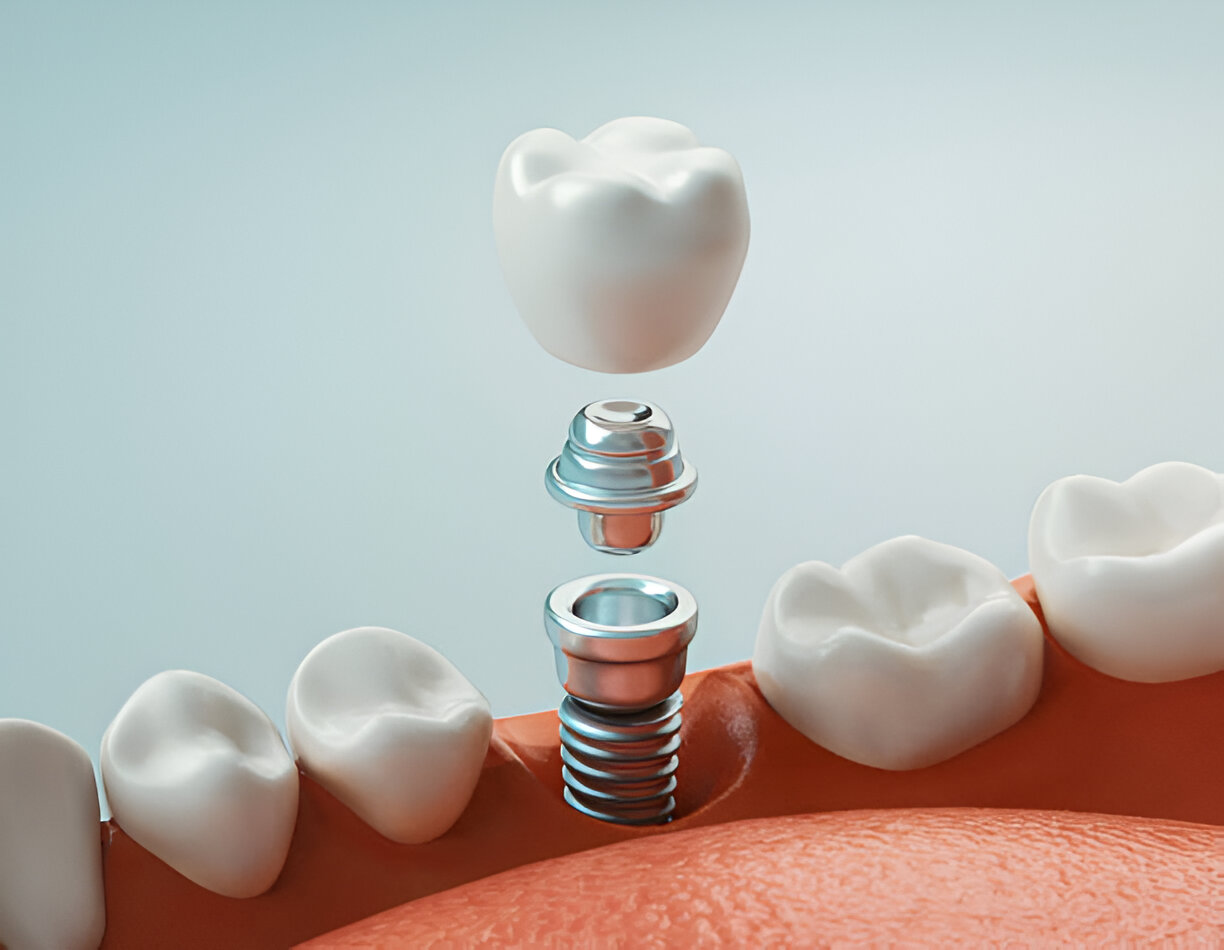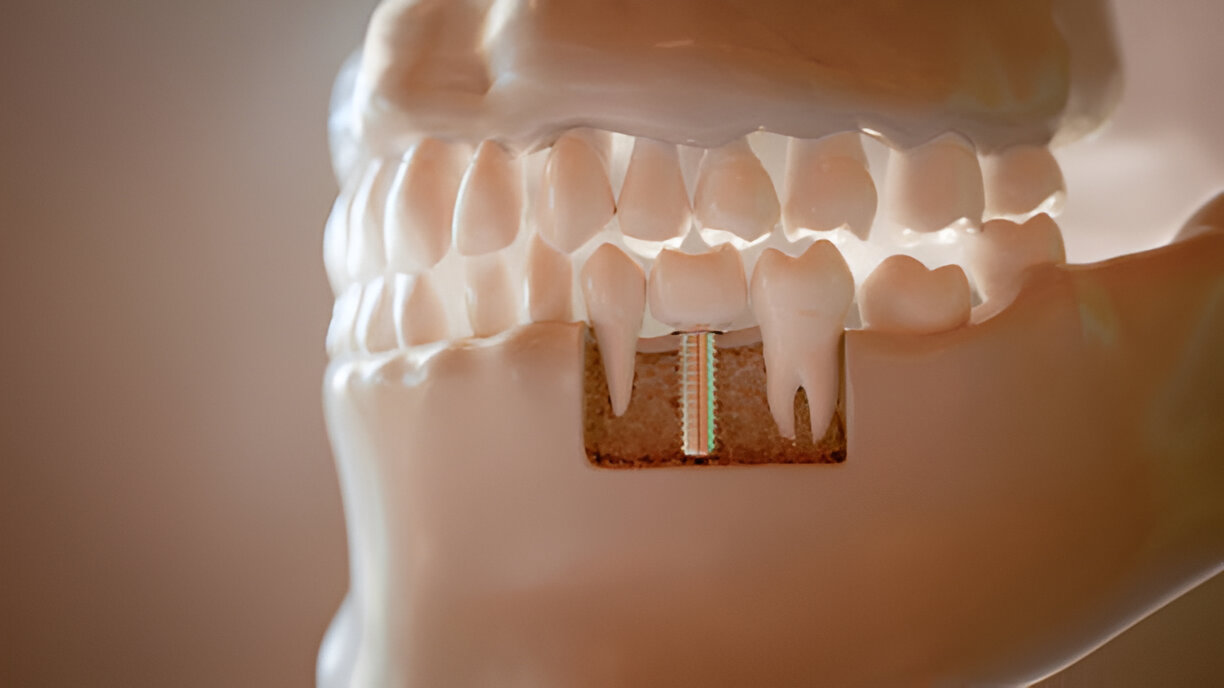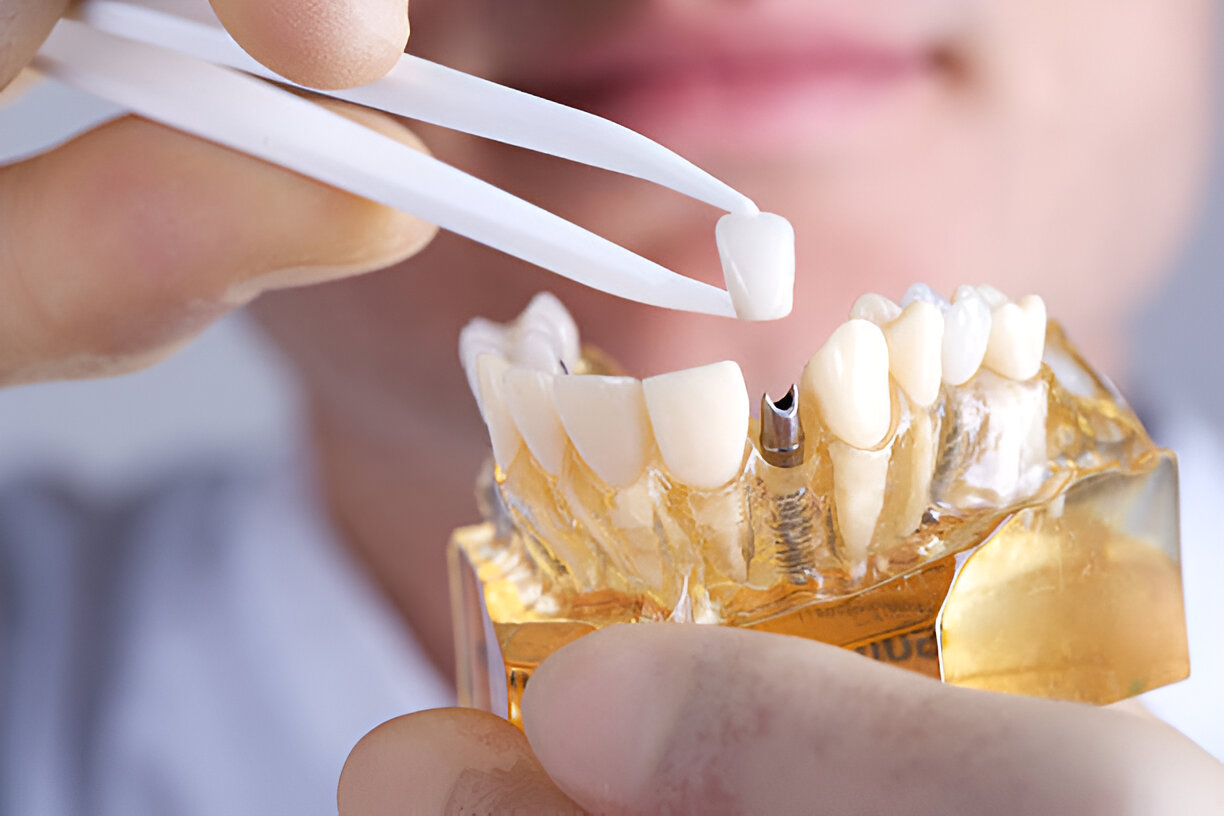
Summary:
If you're considering dental implants to replace missing teeth, rest assured, it’s an excellent choice to boost oral health and confidence. However, with so many types of implants available, finding the one that suits your needs is essential. This guide covers everything from implant types and materials to bone density, budget, and long-term care. Read on to make an informed decision on how dental implants can restore your smile with the help of a dentist in Dallas, Georgia.

Why Consider Dental Implants?
Dental implants are the gold standard for replacing missing teeth, offering durability, function, and aesthetics. Unlike bridges or dentures, they provide a permanent solution by fusing directly with your jawbone, ensuring stability and a natural look. Whether you're missing one tooth or several, dental implants can transform your smile and enhance your quality of life. But how do you pick the right one?
The Problem of Tooth Loss
Tooth loss can occur due to decay, injury, or aging. Missing teeth can lead to more than just cosmetic issues. They affect your ability to chew and speak and even cause bone loss in the jaw, leading to a sunken facial appearance. That's why finding the correct replacement method is crucial.
The Benefits of Dental Implants
Dental implants offer a range of benefits compared to other options like removable dentures or bridges:
- Longevity: With proper care, implants can last a lifetime.
- Oral Health: Implants help preserve the jawbone, preventing bone deterioration.
- Convenience: Unlike dentures, implants require no special cleaning or adhesives.
- Aesthetics: Implants look and feel like natural teeth, restoring your smile.
Fun Fact:
Did you know that the success rate of dental implants is over 95%? With proper care, they offer one of the most effective solutions for missing teeth.
Types of Dental Implants
- Endosteal Implants
Endosteal implants are the most common type. They are surgically placed directly into the jawbone and are typically made of titanium, which integrates well with the bone through osseointegration.
- Best for Individuals with sufficient bone density
- Advantages: Offers long-lasting stability and durability
- Disadvantages: Requires invasive surgery and adequate bone volume
- Subperiosteal Implants
Subperiosteal implants may be better if you have insufficient bone height or density. Instead of being placed in the jawbone, these implants rest on top of it but underneath the gum tissue.
- Best for Those who cannot undergo bone grafting
- Advantages: Less invasive than endosteal implants
- Disadvantages: Less stable, with a higher risk of complications
- Zygomatic Implants
Zygomatic implants offer an alternative for patients with severe bone loss. These are anchored in the cheekbone (zygoma) rather than the jawbone, making them suitable for individuals who lack sufficient jawbone density.
- Best for: Those with significant bone loss
- Advantages: Can be placed without bone grafting
- Disadvantages: More invasive and complex than other options
Understanding the Dental Implant Process
The journey to getting dental implants typically involves multiple steps:
- Consultation and Treatment Planning
During the initial consultation, your dentist in Dallas, Georgia, will assess your oral health and take detailed jaw scans. This helps determine whether you're a suitable implant candidate and what type would work best for you.
- Implant Placement Surgery
The implant is surgically placed into the jawbone. This step can take a few hours, depending on the number of implants. Post-surgery, the implant will need several months to fuse with the bone, a process known as osseointegration.
- Healing and Osseointegration
After surgery, the healing period can last 3 to 6 months. The implant fuses with the bone during this time, providing a stable foundation for the artificial tooth or teeth.
- Abutment and Crown Placement
Once the implant has healed, the abutment is attached, followed by the placement of the dental crown. The crown is custom-made to match the color and shape of your natural teeth, completing the process.

Factors to Consider When Choosing a Dental Implant
Choosing the right implant goes beyond just picking a type. Here are some key factors to think about:
- Bone Density and Quality
A successful dental implant relies heavily on the density and quality of your jawbone. If your bone density is low, you may need a bone graft or opt for a subperiosteal or zygomatic implant.
- Oral Health
Your oral health plays a significant role. Gum disease, for example, can increase the risk of implant failure. Addressing oral health issues before surgery is crucial for the success of the implant.
- Aesthetic Preferences
The appearance of your final restoration is essential. You'll want to discuss options with your dentist to ensure your implant's shape, color, and size look natural and align with your smile.
- Budget and Insurance
Dental implants can be costly, ranging from $3,000 to $5,000 per tooth. Understanding what your insurance covers and estimating out-of-pocket costs can help you identify the right choice.
- Expertise of Your Dentist
Your dental implant's success largely depends on your dentist's expertise. Make sure to choose a qualified professional like Seven Hills Dentist, who specializes in dental implants in Dallas.
Implant Materials and Their Importance
Dental implants are typically made from titanium or zirconia. Titanium is widely used because it integrates with bone, while zirconia offers a metal-free option for those with allergies or aesthetic concerns. Titanium is strong and durable, best for most patients. Zirconia is hypoallergenic and more aesthetically pleasing, though slightly less durable.
Post-implant care and Maintenance
Getting dental implants is a long-term investment in your oral health, but it also requires diligent care.
- Oral Hygiene
Maintaining excellent oral hygiene is critical to the longevity of your implants. Brush, floss, and use an antimicrobial mouthwash to clean the implant site.
- Regular Check-ups
Schedule regular check-ups with your dentist to monitor the health of your implants. Routine cleanings and exams can prevent complications like infection or gum disease.
- Avoid Bad Habits
Smoking and excessive alcohol consumption can interfere with the healing process and increase the risk of implant failure. Try to avoid these habits to ensure long-term success.
Comparing Dental Implants to Alternative Tooth Replacement Options
Dentures
- Advantages: More affordable, non-invasive
- Disadvantages: Less stable, may need regular adjustments
Dental Bridges
- Advantages: Faster and less invasive
- Disadvantages: Requires altering adjacent teeth, less durable than implants
Dental Implants
- Advantages: Permanent, stable, and natural-looking
- Disadvantages: Higher upfront cost and more invasive

Key Takeaways:
- Assess Your Needs: Understand your oral health, bone density, and aesthetic goals.
- Choose the Right Implant: Endosteal for strength, subperiosteal for low bone density, and zygomatic for severe bone loss.
- Consider Longevity: Implants are a long-term investment in your health and appearance.
- Seek Professional Guidance: Consult a qualified dentist in Dallas, Georgia, for the best results.
- Maintain Your Implants: Regular check-ups and excellent oral hygiene are essential for lasting success.
Contact Seven Hills Dentist today if you're ready to explore dental implants. Our team of professionals is here to guide you at every step toward restoring your smile with dental implants in Dallas, Georgia. Call us now to schedule a consultation!